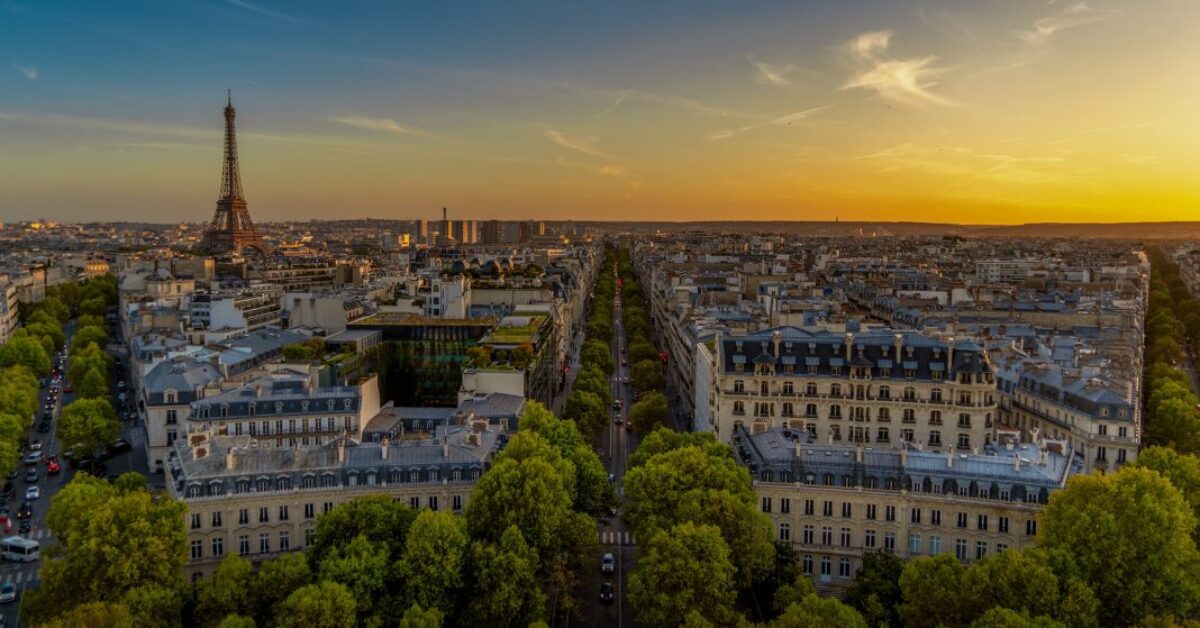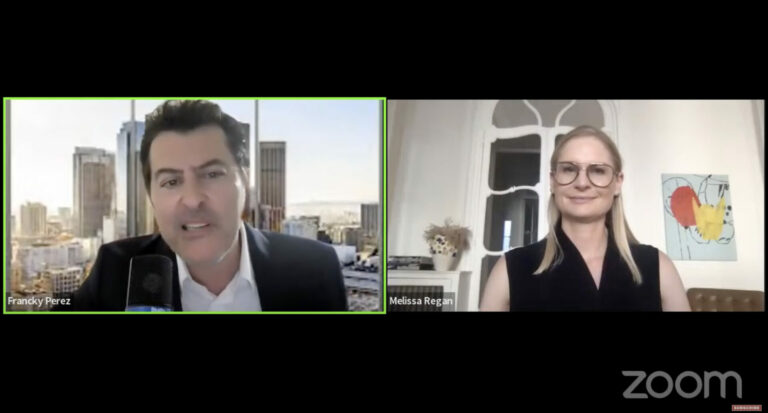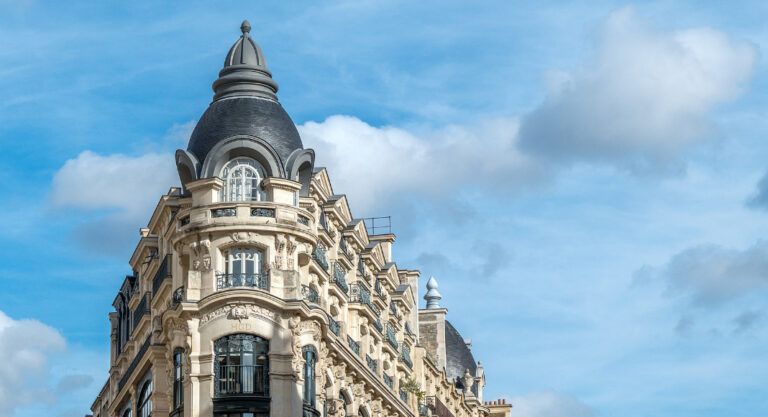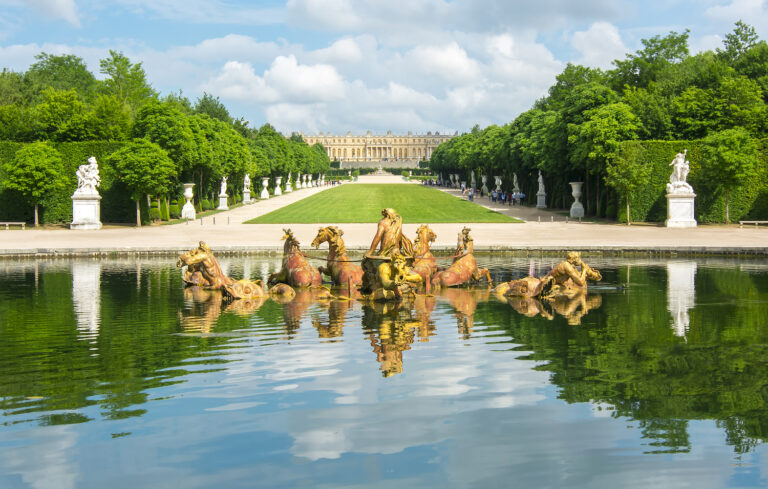[Sponsored article] Always dreamed of a french pied-à-terre? Now is the time to fulfill that dream. Paris has become the new home for thousands. According to INSEE, of roughly 320,000 homes in France that have foreign owners, 126,000 are located in Paris.
Paris alone is an incredibly sure investment. It is one of the safest cities, and continuously provides stable long term rentals for both buyers and sellers. It is also one of the most diverse, lively, and renowned cities the world has to offer. While France as a whole attracted 80 million tourists in 2022, 30 million visited Paris. The City of Lights offers an abundance of art, fashion, history, gastronomy, and architecture that dates back centuries. There is not a single aspect of culture that goes missing in this buzzing city, and it is sure to keep you well entertained for years to come. Let’s dive into the nitty gritty of how to make your pied-à-terre transaction happen successfully with MR Agency.
Defining your needs
It may seem trivial, but it is essential to clearly define your needs before making a real estate purchase, particularly for a pied-à-terre. Whether from an investment perspective or simply for housing, this step cannot be skipped. If the acquisition aims to meet residential needs, your personal preferences may guide your choice. However, in the context of an investment, it is crucial to evaluate the profitability of the property, based on criteria such as location and size. Points to consider: elevators, number of bathrooms, and laundry, as examples of those small details that may make or break your happiness. Proximity to the airport or public transportation can be useful to keep in mind as well.
For an optimal investment in a second home, it is beneficial to favor a large metropolitan location or a seaside resort with a dynamic rental market, ideally one with an efficient public transportation system. Paris and the south of France remain popular options, offering the appeal of a sought-after location for this type of pied-à-terre.
💡 Good to know: the first floor in France is called the “rez-de-chaussée.” The 2nd floor is called “1er étage,” or literally “first floor,” and the 3rd floor is the “2ème étage.”
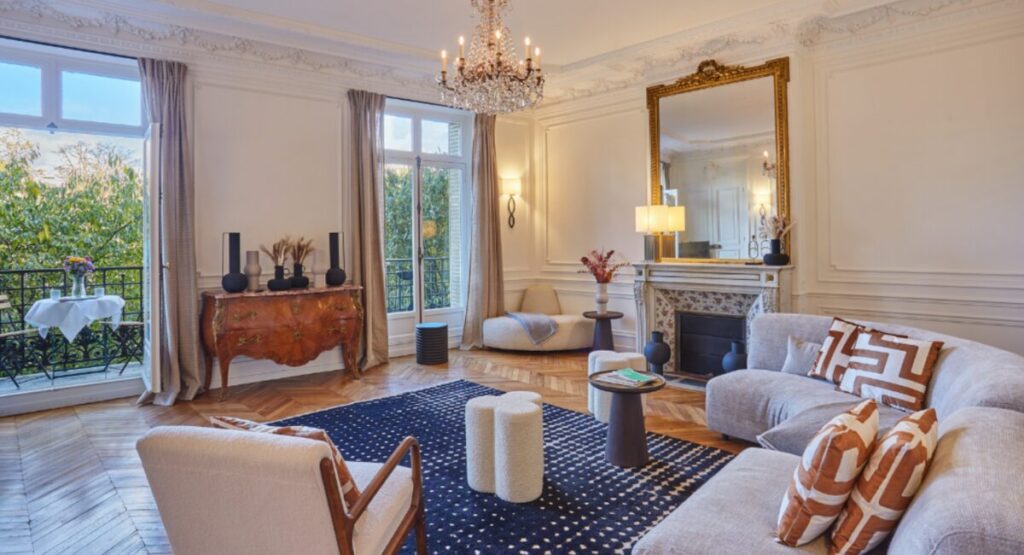
Purchasing from abroad
It can be complicated crossing the Atlantic to make visits or take care of administrative tasks to acquire a foothold in France. Lack of time can slow or halt this process for any buyer. However, it is possible to buy real estate such as a pied-à-terre without actually traveling to France, by hiring a property hunter who can represent you locally. Furthermore, property hunters can search for your perfect property, pre-select a variety of properties, carry out virtual tours, and even make offers remotely. This will be followed by contact with a notary in order to carry out the process of acquiring a property (to finalize the sale agreement, authentic deed, etc.) MR Agency Real Estate offers these services, assisting you with the purchase or rental of your ideal French home.
Managing the acquisition process
Buying a property is a 3-step process. This includes: validating the offer, signing the promissory note outlining all terms of the sale, and then signing the final deed. The time between these 3 stages can range from 2 to 5 months (depending on the financing.) As a reminder, the compromise, or promissory note of sale, is the first act which seals the agreement of both parties on the sale. This is a ‘pre-contract,” because it is in preparation for the signing of the definitive act. In principle, it is much more than a simple agreement; the compromise or sales agreement is a real contract. The promissory agreement legally binds the seller, which means that they cannot withdraw once it has been signed. The buyer is not legally obligated to purchase the property at this point. However, if they choose to abandon the transaction, they have a period of 10 days to withdraw. This is called the “cooling off period.” If this timing is not respected, a financial penalty of 10% of the final price of the property will have to be paid. (Note: An exclusion to this is if there is a financing stipulation, meaning that if financing is not obtained, the seller can walk away. However, in the current market sellers quite often refuse to sell under this condition.)
To sign the sales agreement, it is necessary to deposit between 5% and 10% of the purchase price of the property into an escrow account. The balance of funds is transferred just before signing the final act.
French taxes and legal fees are also due at the time of purchase. They include a government stamp tax and notary fees, both of which are regulated and calculated by the notary according to the tax bracket of the property, its date of construction, and the specific particularities of the clients’ financing. These taxes can be estimated at around 7% of the property value.
All steps can be managed between a real estate agency like MR Agency and a French notary, who draws up the legal agreements and the title deed. Property inspections and diagnostics are also verified and included in sale documents.
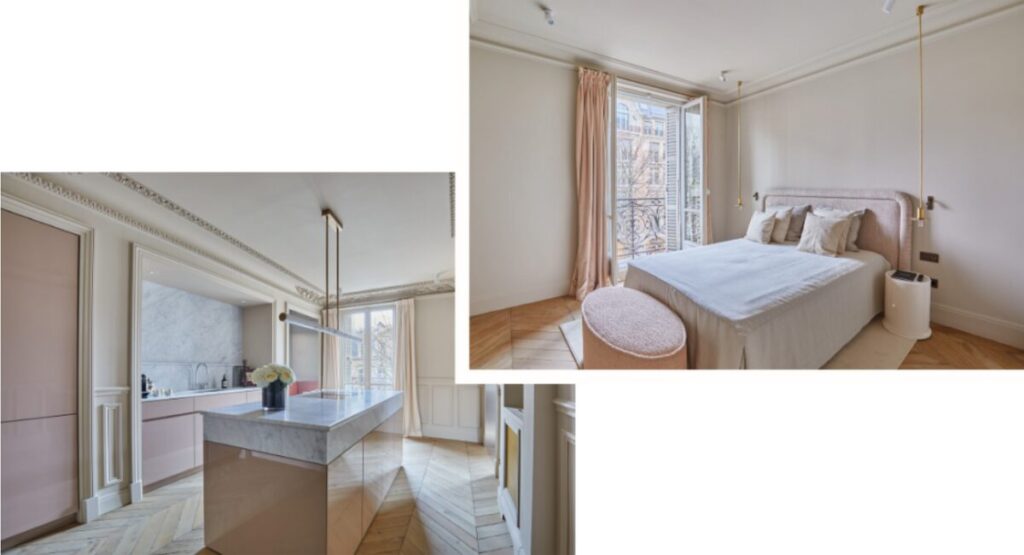
Frequently ask questions:
Am I allowed to rent my pied-à-terre on Airbnb?
There are certain conditions for renting on a site such as Airbnb:
- If the property is your primary residence, you are allowed to rent it up to 120 days per year.
- If the property has a legal commercial zoning, there is no maximum on the number of days you are allowed to rent it.
- If the property is your secondary residence, you can rent it under bail de mobilité, which is a contract for a duration of 1 to 10 months, typically targeted to professionals who come into the city for a fixed period of time for business purposes.
What are the annual carrying costs of a pied-à-terre?
Buying a second home obviously includes annual costs which cover the property tax (outlined in the property sales documents and linked to the actual property and not the owner’s revenue/tax return); building charges, which include garbage service, elevator maintenance, and a possible concierge; and home insurance. All of these costs will be made known before any purchase is made.
How much are the taxes when I choose to sell the property ?
The overall tax rate for the sale of a second home amounts to roughly 36.2% of the added value between the purchase price and the transfer price. This tax can be avoided if the seller does not own his main residence during the 4 years preceding the sale. The sale price of the second home must be used to purchase a primary residence. A precise calculation based on the property and your financial situation can be calculated by a notary.
Do I need a Visa to enjoy my second home ?
No. The French government allows travelers to stay within the country for up to 90 days within each 6-month period. The fact of owning a property does not change the visa requirements of your personal circumstances. If you are interested in staying longer than that, there are 5 types of residence cards: the long-stay visa, the temporary residence card, the multi-year residence card, the resident card, and the retired residence card. In addition, France more recently implemented the French Tech Visa, offering a simplified and accelerated process for employees, founders, and investors of non-European startups to obtain a French residence permit valid for 4 years.
If you’re interested in getting a pied-à-terre in France, don’t hesitate to contact the property management specialist MR AGENCY Real Estate at [email protected].
Sponsored articles do not belong to the editorial team at Frenchly. They are provided or written at the request of the advertiser, who determines the content.

